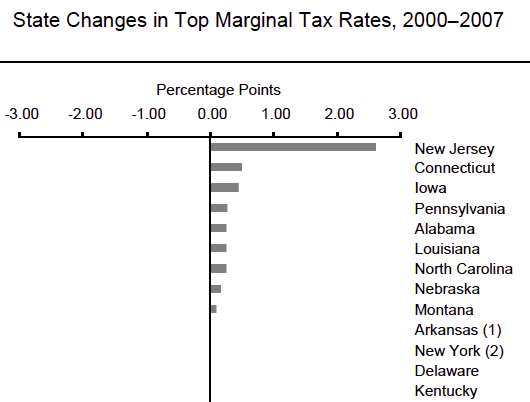Chamber of Commerce Law Firm Studied Disinformation, Smear and Coercion Campaign Against Opponents
On the one hand, it’s a badge of honor of sorts to see the most powerful political lobby, the Chamber of Commerce, have its operatives moving from the “ignore you” to the “fight you” stage of engagement. The flip side is that the tactics that they are willing to consider don’t reflect at all well on their commitment to principles like the rule of law or decency.
ThinkProgress today broke the story of the dirty works being considered. Readers may be aware of a massive leak of e-mails of the security firm HB Gary Federal which made the mistake of trying to hack the computers of Anonymous, the group that has taken to punishing organizations that cut off donations to Wikileaks.
Anonymous obtained and leaked the internal messages and rubbed HB Gary’s face in it a bit too.
The e-mail dump exposed some dirty laundry, namely that of a disinformation campaign that HB Gary plus two other “security” firms Palantir, and Berico Technologies (which together called themselves Team Themis had started to map out for a law firm the Chamber of Commerce works actively with, Hunton & Williams.
Read more...



